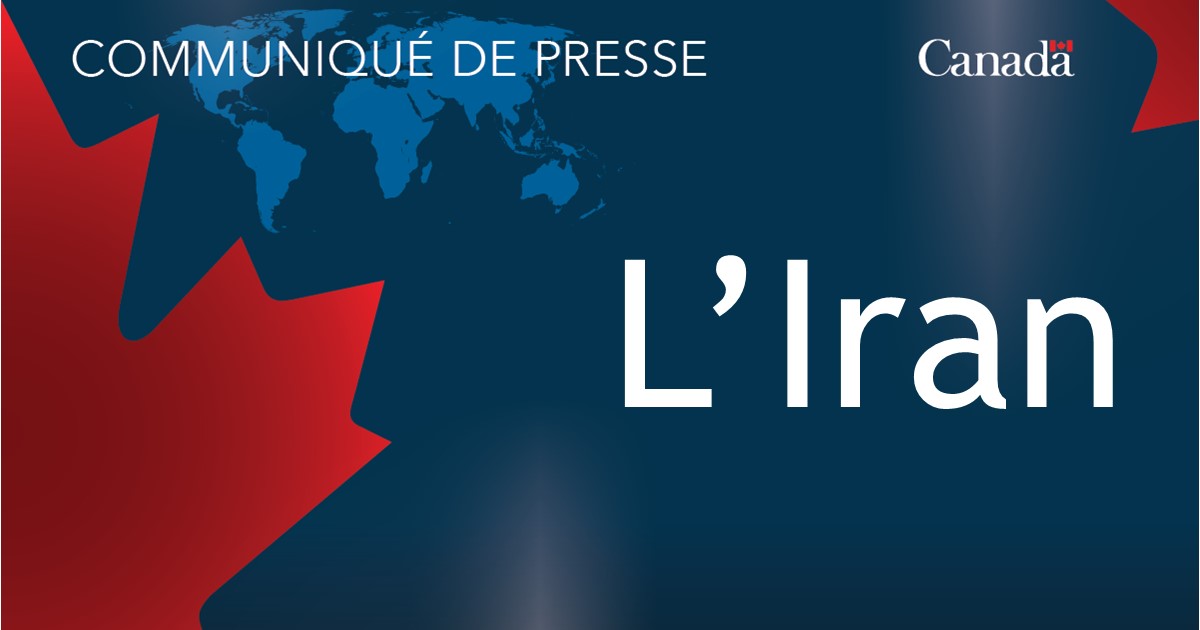This week, Monique Leroux, Corporate Director, Senior Advisor at Fiera Capital and speaker at the Leadership Institute, answers our questions about leadership.
What needs to be done to modernize boards of directors?
My answer will be classic. The first step is to create awareness among the CEO, the President and all board members of the importance of inclusive leadership. There are all sorts of differences, but the male-female dimension is fundamental. If you can’t achieve that, it’s hard to achieve the rest. Beyond setting rules, there is a mindset where we recognize the benefit and necessity of having a board that represents our organization’s stakeholders.
If you had to pick one thing that needs urgent change to ensure there is more equity, inclusion and diversity in your area, what would it be?
It is really the element of ‘education’ that needs to be changed in our schools. To have more girls who follow math, engineering and technology paths. From secondary school onwards, girls need to develop leadership skills centered on action and ambition.
Often the best in science go into health science and become doctors. There is no parity problem here. While we are in the harder part of science, we still have work to do.
For women who hold leadership roles in society today, we have a responsibility to lead others, encourage others, and support others. I am convinced of that.
What do you think of the current management styles?
For me there is a difference between management and leadership. You can have an excellent manager who does very well with knowledge, experience, organization and his head. But when you talk about leadership you have to add a dimension that is the heart. There are comparatively competent people, but you will find that one of these people will win you over with their looks, their conviction, their chemistry and their heart. Here we will add empathy and benevolence. A good manager can not only lead, organize and stimulate, but also inspire. When you breathe in, you are calling on emotions, and the emotions will seek connection with people.
That being said, to turn your question on its head, can someone who is just empathetic and caring be a good leader? The answer is: not necessarily. Can the person who is only kind and empathetic run a business well in a crisis situation? I do not think so.
When you were Chairman and Chief Executive Officer of Desjardins Group, you had an image of the ideal leader that was a T surrounded by a circle.
The best leader is someone who has a skill on the vertical bar of the T that they can bring to contribute to the team (journalism, finance, engineering, technology, human resources). Then, in addition to their job, that leader is able to understand the strategic issues and the connection of all the vertical silos that you have in an organization. For example, make the connections between technology, IT systems, staff and customers. It’s the horizontal bar of the T. Finally, when you add a person who is able to connect the heart, their whole environment, and everyone involved, you have someone who has a very important potential for achievement. Because you have the ability, the strategic foresight and the ability to shine in your circle, in your environment.
It’s a very simple image, but it’s even more relevant today because organisations, businesses and government bodies need managers, but also executives, who have this very broad capacity. There are people who are good specialists but will struggle to work cross-functionally.
You participated in the report The future of Canadian corporate governance: A sensible approach to meeting rising board expectations. How can we improve the state of governance of our companies and organizations?
Several elements emerged from the report, three of which seem to me to be more important. The first is to set a goal of being at least 30% or more women. Second, a company or organization must consider all of its stakeholders, both the state if it is a government entity, shareholders, customers, employees and communities. It cannot only look at the shareholder. As a member of the Management Board, this leads us to develop a strategy for social, ecological and responsible corporate governance with the management team.
The third element is a CEO or “CEO” who has that open-mindedness and ability to form management teams that will be extremely resilient. We have no logic in having CEOs fulfilling ad vitam æternam mandates. The mandates must be between 8 and 12 years (the average is currently 9-10 years) to be able to generate dynamism, momentum and continuous refreshment. The same applies to board members.

Incurable food practitioner. Tv lover. Award-winning social media maven. Internet guru. Travel aficionado.







